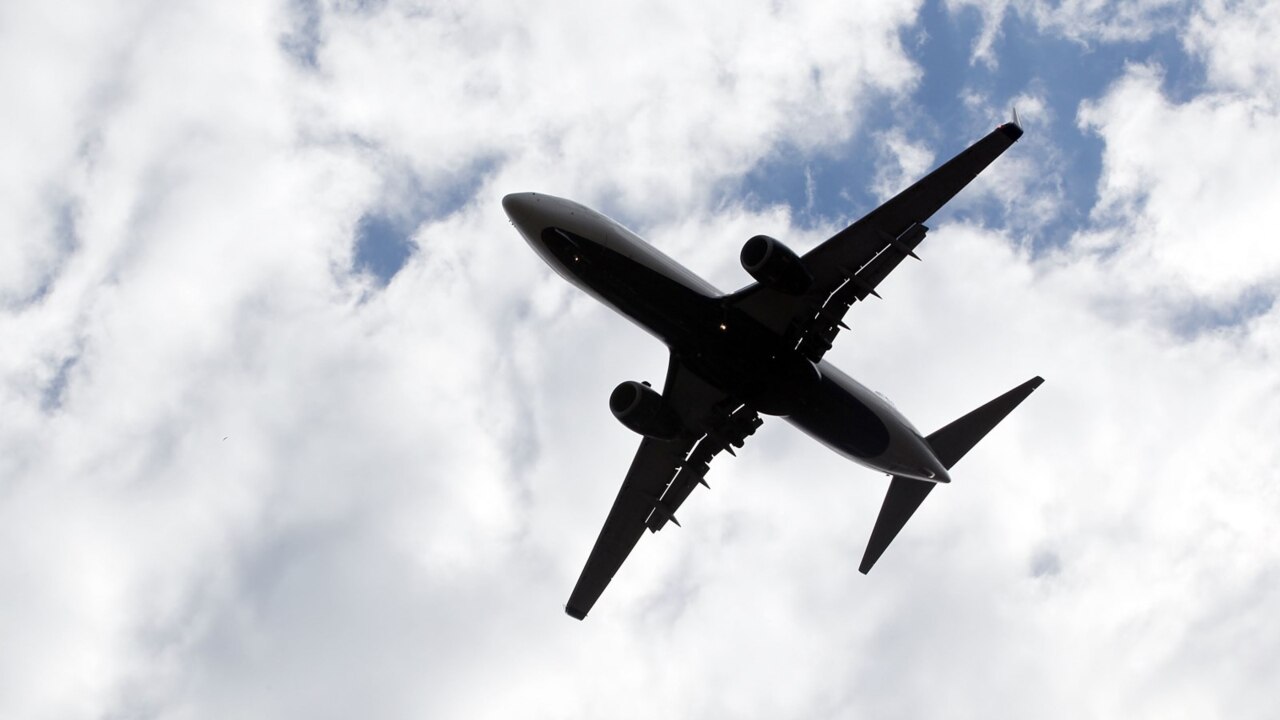Aircraft noise a risk for Olympians at athletes’ village, 100-day review told
Forget about wild parties and cardboard beds, Brisbane’s Olympic village may have a bigger threat according to some.

QLD News
Don't miss out on the headlines from QLD News. Followed categories will be added to My News.
Forget about wild partying and rock-hard cardboard beds, an aircraft noise community group warns that planes clocked at 70-90 decibels could affect the preparation of Olympians at the 2032 athletes’ village.
In a submission to the government’s 100-day review into Games infrastructure, Brisbane Flight Path Community Alliance (BFPCA) said Australia faced global embarrassment unless the village was moved from the proposed Hamilton Northshore site.
Conditions at athletes’ villages have been a bugbear at many Olympics, including the cardboard beds in Paris supposedly designed to stop sex romps like those at the 2016 Rio Games.
BFPCA’s submission also called for stricter rules on drone taxis and delivery services, tipped to boom by the 2032 Games, as one of the “legacies’’ of the event.
“The proposed Olympic Village at Northshore Hamilton represents a deeply concerning decision, as it is located in one of Brisbane’s worst areas for aircraft noise pollution,’’ the submission said.

“This will not only expose athletes to significant health risks, but also undermine Brisbane’s reputation on the world stage.
“Chronic exposure to noise levels between 70 and 90 decibels, as experienced in Northshore Hamilton, has well-documented health consequences including sleep disruption, increased stress, and cardiovascular strain.’’
BFPCA said Brisbane Airport Corporation had sought to have covenants imposed on new residential developments near the airport and “conceded’’ suburbs “regularly exposed to noise levels between 60 and 70 decibels are incompatible with residential use’’.

A BAC spokesman said it was aware of the issue.
“Brisbane Airport has consistently advised all levels of government that due to the close location of the proposed Brisbane Athlete Village to the end of the legacy (old) runway, appropriate planning and construction methods should be considered. This advice remains unchanged,” he said.
BFPCA has previously claimed the social impacts of unchecked growth in flights would cost the community $19b by 2032, with more than one million Brisbane residents affected by noise last year to some extent.
Its submission warned that some major projects, such as the proposed third airport terminal, were being rushed through as Games legacy infrastructure without adequate community consultation, or consideration of longterm impacts on the city’s liveability.

“The Brisbane 2032 Olympics are being touted as a once-in-a-lifetime opportunity to transform the region, but they also risk being used as a cover to push through poorly considered and highly disruptive infrastructure projects,’’ it said.
“The new parallel runway at Brisbane Airport is a cautionary example. The Olympics are being wielded to justify the expansion of aviation operations without first addressing the legacy of harm caused by the new parallel runway.’’
But the BAC spokesman said planning for a third terminal at Brisbane Airport was driven by the need to address population growth in southeast Queensland and an “ever-increasing demand for travel’’.
“We’re not building this new terminal for the Olympics. We will need more terminal capacity by the early 2030s regardless of the Olympics,’’ he said.
“We haven’t finalised the exact timing or exactly what it will look like yet, but one way or the other there will be additional terminal capacity at Brisbane Airport in 2032 as a result of population growth.
“The third terminal will be subject to rigorous Commonwealth oversight and years of planning and approvals.”
BFPCA’s submission said Brisbane City Council’s Games transport legacy strategy included “urban air mobility’’, but it was concerned technologies such as drones, air taxis and verti-ports would worsen noise pollution.
“Frequent takeoffs and landings, along with hover times, are expected to produce noise levels between 50 and 70 decibels — levels deemed harmful by the World Health Organisation when experienced chronically,’’ it said.
It also said the 100-day review offered a “timely opportunity’’ for the government to ban lead-based aviation fuel.





